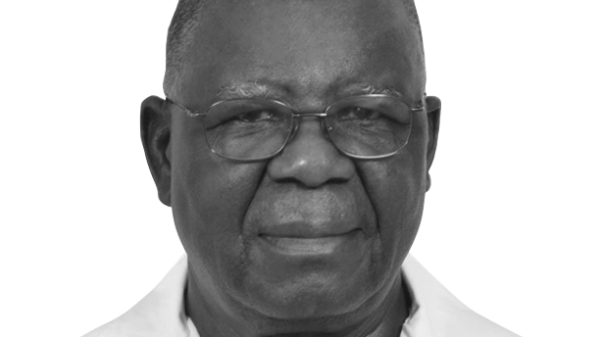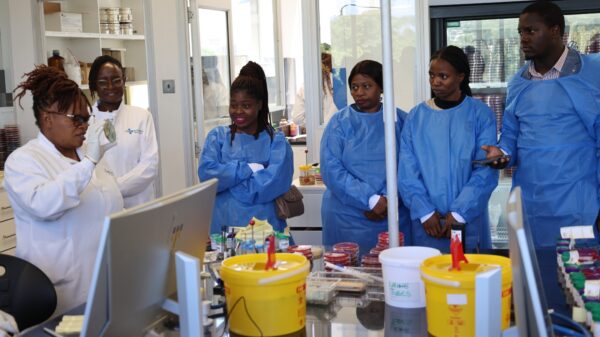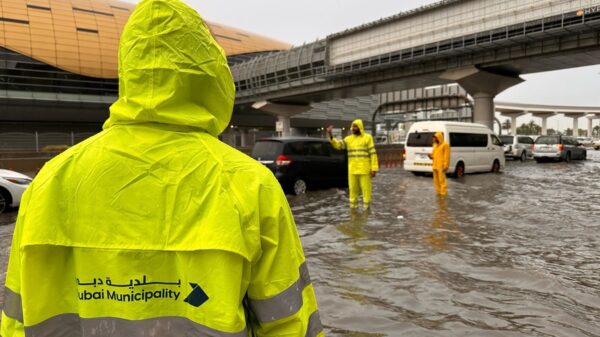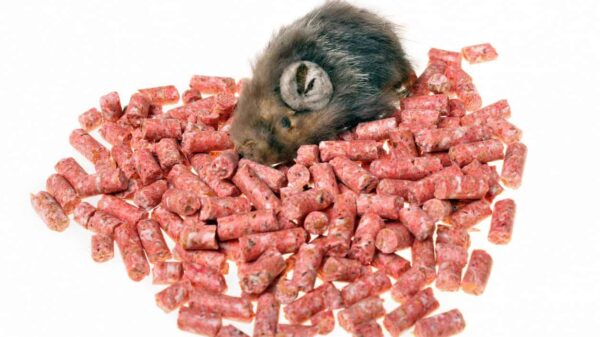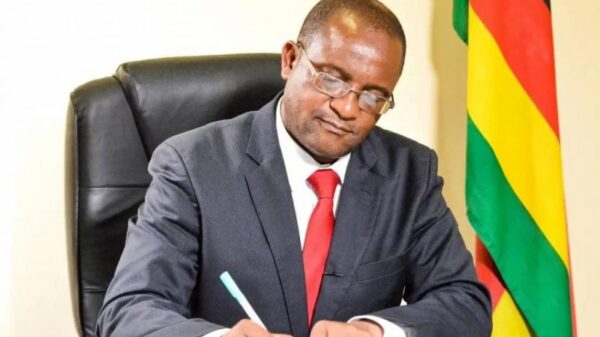The Zimbabwe Stock Exchange (ZSE) listed seed producer operates Seed Co Limited in Zimbabwe and Seed Co International Limited in the region, which has a primary listing on the Botswana Stock Exchange and secondary listing on the Victoria Falls Stock Exchange (VFEX).
Traditionally, the business’s first-half period falls within the commencement period of the summer selling season resulting in reduced sales, revenues and profitability.
Morgan Nzwere, the chief executive officer of both entities, in separate half year presentations, said the group had an optimal varietal mix of seed to match the mixed rainfall forecasts with most parts of Southern Africa expecting normal to above normal rains and East Africa anticipating normal to below normal rains.
In a presentation for Seed Co Limited half year period ended September 30, 2022, Mr Nzwere said maize seed stocks at 22 600 tons are nearly 60 percent higher than prior year.
“Production in Zimbabwe defied the challenges associated with difficult grower pricing negotiations, high input costs and erratic rains.
“Stockholding is a good store of value in view of inflation and helps the Zimbabwe business exploit export opportunities,” he said.
Mr Nzwere said the company’s first half sales were 20 percent lower due to liquidity crunch and the delayed launch of Government programmes and non-repeat of wheat exports to Nigeria.
“However, year to date sales volume has since improved significantly with the onset of the rains and the start of Government programmes and bulk of sales are being concluded in US dollars,” he said.
He added that the company would focus on defending the leading market position and enhance value through harnessing hard currency local sales as well as exploiting regional export opportunities.
He said the group’s artificial seed conditioning plant (Drier) commissioned in Zimbabwe last year is now fully operational and plans are still underway to replicate this technology in key regional markets like Zambia after drawing lessons from the pilot Zimbabwe plant.
“The main processing plant is in good working condition but full utilisation is being impacted by power shortages.
“In the region, the new seed processing and packaging plant commissioned in Nigeria is now fully operational,” said Mr Nzwere.
Mr John Matorofa, the group finance director, said revenue tripled in historical terms and grew 5 percent in inflation-adjusted terms despite volume dropping by 20 percent as prices moved in line with official exchange rate depreciation.
He said value in the business was preserved through revenue contracts in USD but settled in local currency at prevailing foreign currency rates and US dollar royalties hence the sizeable other income amount.
Mr Matorofa noted that finance costs were a major drain to the business and despite the jump in overheads, finance costs, lower volume and monetary loss, value and profitability was hedged through the foreign currency gains.
In terms of seed volume performance, Mr Matorofa said maize sales started slower given the liquidity crunch in the economy and delayed launch of Government programmes hence volume was 55 percent below prior year.
“Wheat seed sales volumes were 14 percent lower because of non-recurrence of 2 000mt exports to Nigeria but there was a notable 25 percent increase in local wheat volume due to the import substitution drive,” he said. He added that barley volume also grew by 30 percent from 442mt prior year to 713mt.
On Seed Co International, Mr Nzwere said the regional business is also well prepared for the season on the back of adequate stocks out of Zambia also serving the East African markets, improving economic environment in Zambia, stability in Tanzania and continued business growth in Mozambique.
He said product availability was higher than last year with the key crop, maize, stocks 11 percent higher at 51 500mt.
“Some markets such as Kenya and Nigeria stocked out last year due to local production challenges and these markets are being supplied out of Zambia and Malawi.
“Logistics have been, however, a challenge at borders,” he said.
Mr Nzwere said local production improved in Nigeria this year and harvesting is currently underway — expecting 1 500 tons maize while trial production activities are underway in Ghana.
By the end of the first half, Mr Nzwere said sales volumes were 34 percent lower than the previous year same period because of non-recurrence of early sales in Malawi as the Government delayed launching its programme.
“In Nigeria — their stock-outs after prior year production was affected by heavy rains while stock-outs and drought in Kenya delayed uptake of soybean under the Government programme in Zambia,” he said adding the group is reconfiguring the distribution model through online shops and own shops to harness more direct sales and internalise margins.
Mr Matorofa said the US$4,3 million first half loss outturn was mainly attributable to normalisation of seasonal revenue performance because of delayed Government programmes in Malawi unlike prior year when sales were registered early.
“In addition, stock-outs in Nigeria due to production challenges, stock-outs in Kenya due to drought and production challenges, inflationary increase in overheads and increase in finance costs as interest rates increase globally and in regional markets,” he said.
He noted that revenue dropped to US$25,5 million from US$35,5 million reverting to normal season trend due to delayed Government programmes in Malawi.
“Last year Malawi defied seasonal trends and distributed 5 100 tons of seed worth US$10,6 million compared with just 1 900 tons this year worth US$2,9 million,” he said.
Mr Matorofa said revenue was also impacted by product shortages in Nigeria which shrunk volume by 41 percent to 617 tonnes from 1 720 tons prior year and drought and product shortages in Kenya reducing volume by 46 percent to 843mt.
“The revenue drop is mainly attributable to the 34 percent volume loss contributed largely by Malawi, Nigeria and Kenya.
“Maize seed dominated both revenue and volume contribution driven by Tanzania and Zambia. Wheat volume registered 12 percent growth in Zambia on the back of import substitution drive while soya volume declined 80 percent from prior year due to delayed uptake in Zambia by the Government,” he said.
Mr Nzwere said the group continues to leverage its multi-geography footprint to make seed available in markets such as East Africa and Nigeria facing product shortages.
He said Zambia open market sales are encouraging this year and uptake under the Government system is increasing while Tanzania is expected to continue on its growth trajectory and Nigeria is anticipated to recover sales volume during the last quarter.
According to Mr Nzwere, Kenya set to close the year lower than prior due to drought despite securing products from sister special business units.
In other news,
Chapungu FC vice chairman love affair goes viral
Patrick Chikwanda Goes Viral On Social Media After Mjolo Video Is Posted On Social Media.
Chapungu FC vice chairman Mr Patrick Chikwanda has gone viral on social media. This comes after his younger girlfriend shared a video of the two together.
Mr Patrick Chikwanda is a father of 3 and is labelled a very responsible father who cares for his family as seen from the video he was…continue reading





